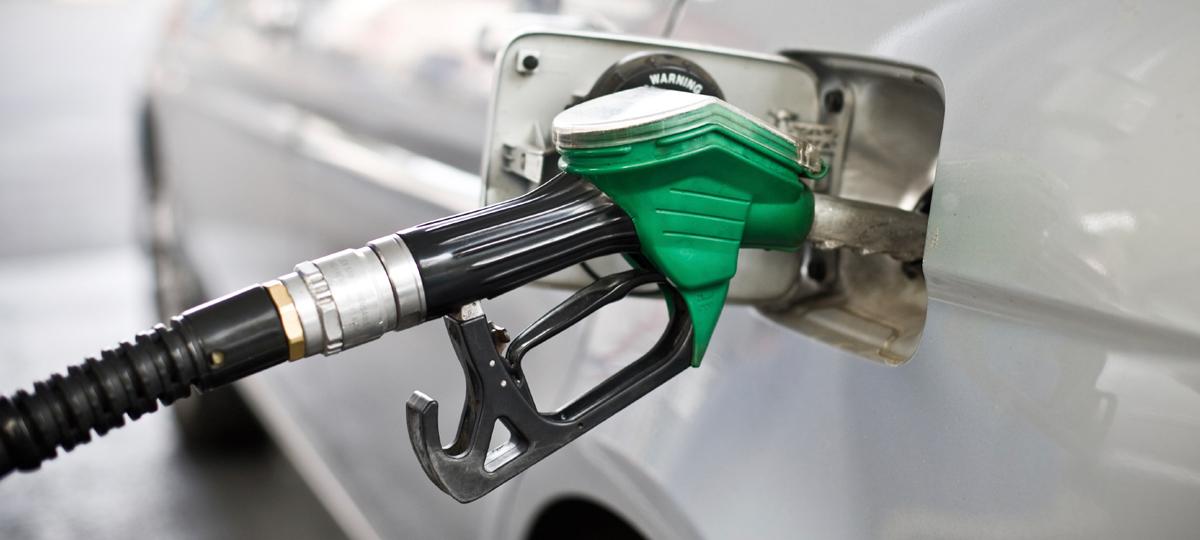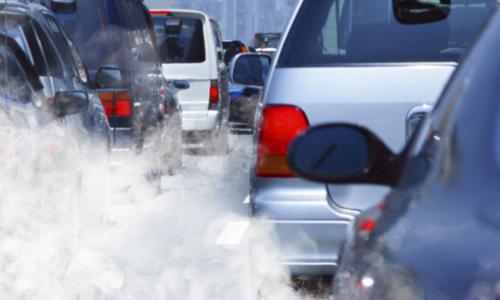Global warming endangers our health, jeopardizes our national security, and threatens other basic human needs. Some impacts—such as record high temperatures, rising seas, and severe flooding and droughts—are already increasingly common.
Our personal vehicles are a major cause of global warming. Collectively, cars and trucks account for nearly one-fifth of all US emissions, emitting around 24 pounds of carbon dioxide and other global-warming gases for every gallon of gas. About five pounds comes from the extraction, production, and delivery of the fuel, while the great bulk of heat-trapping emissions—more than 19 pounds per gallon—comes right out of a car’s tailpipe.
In total, the US transportation sector—which includes cars, trucks, planes, trains, ships, and freight—produces nearly thirty percent of all US global warming emissions, more than almost any other sector.
Unfortunately, oil-related emissions may rise in the coming years as the oil industry extracts and refines “unconventional” oils, such as tar sands and tight oil. Using less oil—and avoiding unnecessary emission from the oil we do use—is the real solution.

Solutions are here
Fuel-efficient vehicles use less gas to travel the same distance as their less efficient counterparts. When we burn less fuel, we generate fewer emissions. When emissions go down, the pace of global warming slows.
Cleaner fuels produce fewer emissions when they’re burned. Some fuels—such as those made from cellulosic biofuels—can reduce emissions by 80 percent compared to gasoline. And better regulations would help prevent the gasoline we do use from getting any dirtier.
Electric cars and trucks use electricity as fuel, producing fewer emissions than their conventional counterparts. When the electricity comes from renewable sources, all-electric vehicles produce zero emissions to drive.
These and other solutions are here today—but more can be done. Learn more about our plan to Transform Transportation.




